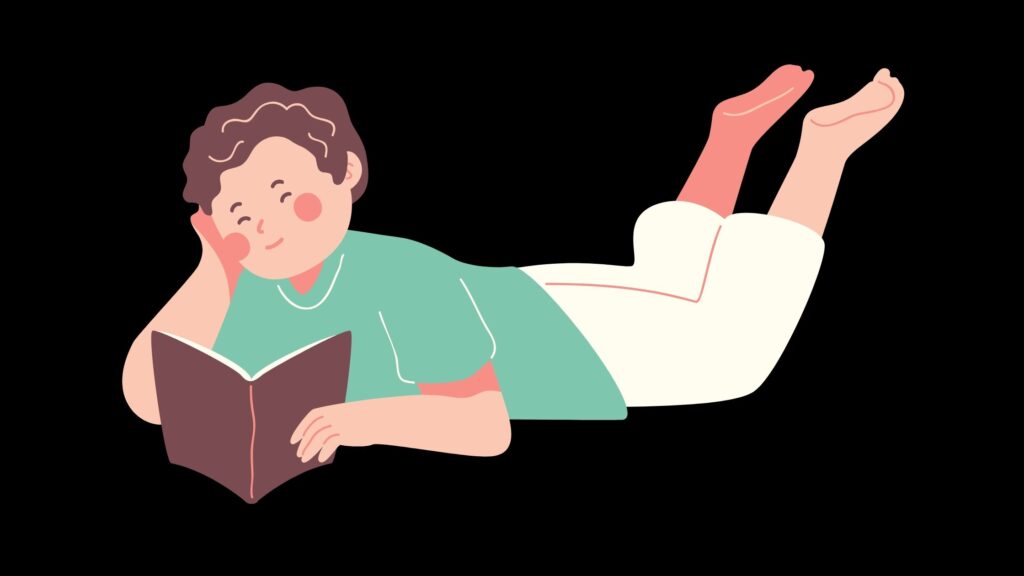
Lay, Lie or Lie? How to Use Them Correctly with “Visual Aid”
Introduction
Is there anyone who is not confused with the proper usage of the verbs “lay” and “lie”? I know I am from time to time. So that’s why I developed a “visual aid” to help myself remember what is what. It works for me and I hope it’ll be helpful for you as well.
Lay
1) Lay means to “place,” or “put” and it is a transitive verb. That is, it needs an OBJECT to make sense. You always lay SOMETHING.
VISUAL AID: Imagine the letter “a” in “Lay” as someone bending over to place a heavy object on the ground.

“Our engineers will lay the foundation of our new headquarters building.”
Both the past and perfect tense of “Lay” is “Laid.” Lay-Laid-Laid (1-2-2).
“Our engineers have laid the foundation of our new headquarters building.”
Lie
2) Lie, an intransitive verb that does not need an object, means to “recline” or “remain.”
VISUAL AID: Imagine the DOT on the letter “i” in “Lie” as the head of someone resting/reclining on a couch or bed.

But watch out — the PAST tense of lie is also lay! That’s why it can get pretty confusing.
“The puppy would not lay still even for a second!”
So when you see “lay,” you have to figure out whether it is to “put/place” or “recline/remain” from the context.
However the perfect tense of “Lie” is “Lain.” Lie-Lay-Lain (1-2-3).
“The overturned truck had lain in the ditch the whole night.”
Lie (again)
3) Lie has yet ANOTHER meaning, as you know – telling an untruth.

Its past and perfect tenses are “Lied” and “Lied.” Lie-Lied-Lied (1-2-2). Usually, it’s easy to tell this form of “lie” from the other.
(“Puppy lied.” Correct? No. Puppies don’t talk. It should be “Puppy lay.”)
Conclusion
To use “lie” and “lay” correctly easy when you follow the above tips. It’s a bit confusing but not impossible 🙂
(Copyright-free image courtesy of pixabay-dot-com)

